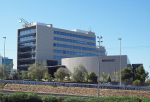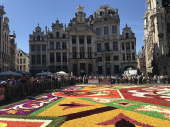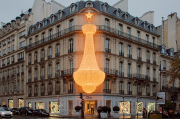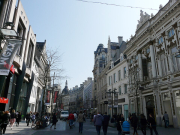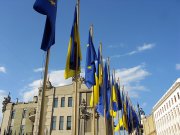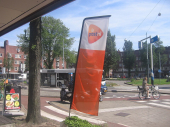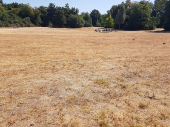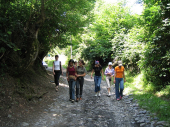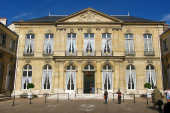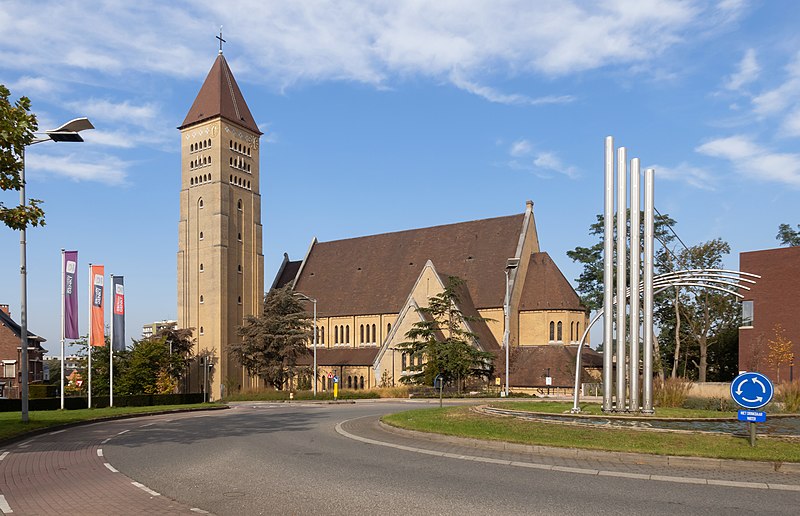
In a recent decision, the city of Genk is set to close its last remaining betting shop in December, effectively ending all betting shop operations within the city. This move
comes as part of the city's efforts to address the risk of impoverishment and mental health issues stemming from gambling addiction, as explained by Mayor Wim Dries.
Previously, Genk was home to ten betting shops, but the decision to close them all highlights concerns over the detrimental impact of gambling on individuals' financial well-being and mental health. Mayor Dries elaborated that gambling addiction often leads people into poverty and significant debt, while also contributing to psychological and social problems.
The process of granting licenses for gambling establishments is a responsibility delegated to cities and municipalities in Flanders, and Genk has opted not to issue any such licenses. Legally, the city can refuse to cooperate based on criteria such as proximity to youth facilities and religious services, both of which are prevalent throughout Genk, Mayor Dries asserted.
Although betting shops will no longer operate in Genk, gambling will still be available in other venues such as newsagents and bars. The city intends to implement regular inspections and controls in these locations to ensure responsible gambling practices.
It's worth noting that the existing casinos in Genk will remain in operation, as their licenses are set to expire in four to five years.
Seydi Tekin, owner of Betcenter, expressed concerns about the potential consequences of this decision. Having been compelled to close three betting shops in Genk, he fears that gamblers may turn to illegal alternatives. Additionally, Tekin pointed out the widespread accessibility of gambling through smartphones, raising questions about whether the city intends to address this issue as well.
The closure of betting shops in Genk reflects a growing awareness of the social and economic impacts of gambling addiction, with the city taking proactive steps to mitigate these effects within its community. Photo by Michielverbeek, Wikimedia commons.












